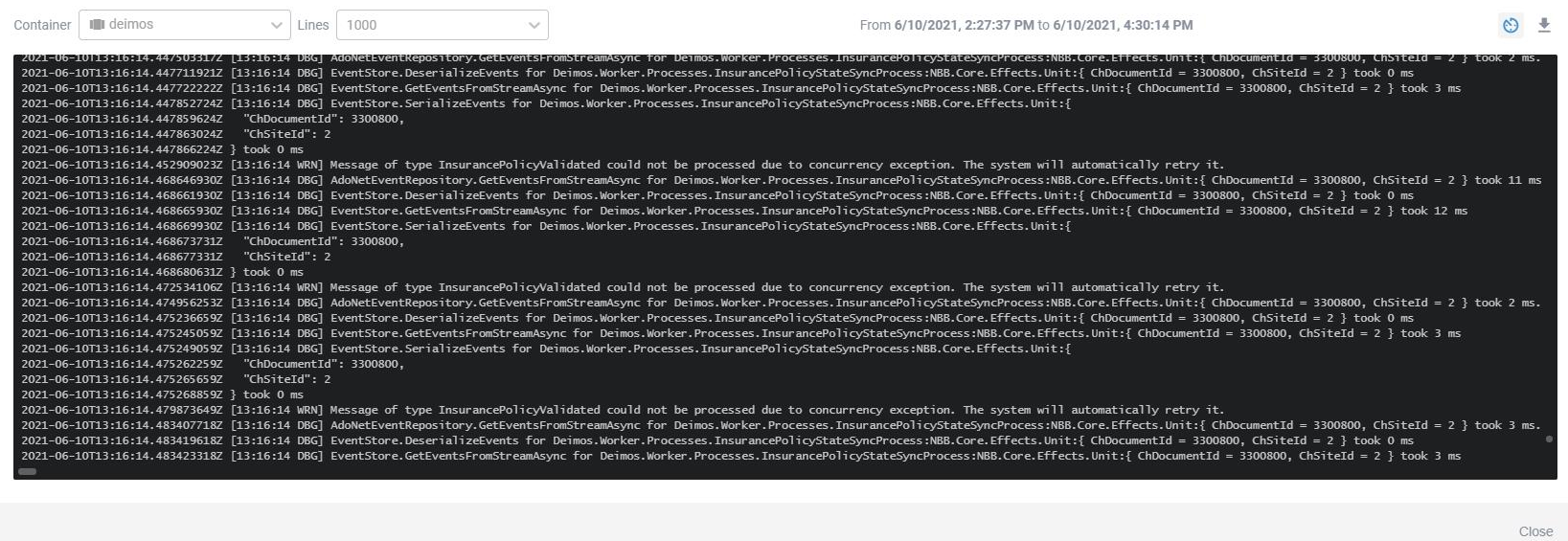.Net Building Blocks
Build cutting-edge, cloud-ready, scalable, maintainable and fun LOB services with .Net Building Blocks
Combining domain-driven design tactical patterns with clean architecture by decoupling the business model and use-cases of the application with the rest of the technology and infrastructure, you get a technology-independent, hand-crafted, stable, encapsulated business model that will evolve over time, regardless the UI, Database, Messaging or other infrastructure or technology.
Applying concepts from EDA, CQRS or ES we decouple furthermore the business domain from the read-side so that the domain would not change when the UI views needs to change.
Applying concepts from the Microservices architectural style, you get a new beginning with every new bounded context (module).
The goal of software architecture is to minimize the human resources required to build and maintain the required system.
-- Robert C. Martin
With NBB you can power a great diversity of architectures from a Monolithic one to a Multi-Container Microservices based one. It is important to mention that NBB does not impose any kind of architecture.
This repo contains a sample Microservices application decomposed around three bounded contexts: Contracts, Invoices and Payments. They are autonomous and the integration is based on events delivered with NATS. The sample application contains scripts for building CI / CD pipelines for docker-compose or kubernetes.
NBB.Core- core abstractions and functionality that other packages rely uponNBB.Application- application layer specific functionalityNBB.Domain- building blocks for domain modelling in DDDNBB.Data- data access abstractions and implementationsNBB.Messaging- distributed application infrastructure that enables loosely-coupled, message-based asynchronous communicationNBB.EventStore- event store functionalityNBB.Correlation- facilitates the grouping of all requests, messages, logs, and traces belonging to a business flowNBB.ProcessManager- a way of orchestrating your eventsNBB.MultiTenancy- building blocks for multi-tenant applicationsNBB.ProjectR- functional style read-model projections inspired by Elm
Please see our samples folder to get you started with various architectures built with NBB.
NBB templates
is a collection of custom templates to be used by the dotnet cli (dotnet new command).
NBB is licensed under the MIT license.



